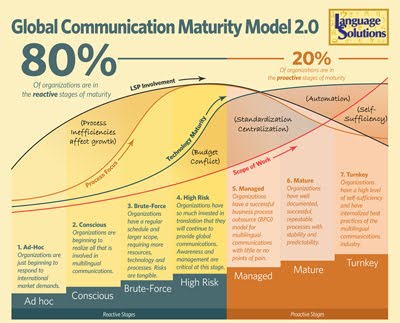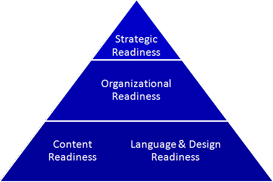There is a whole array of considerations that marketers and product developers go through before they even decide on a product name in their domestic market. However, these considerations are often overlooked during product name testing for their foreign markets.
When our clients come to us for linguistic screening of their English product names, our start is to take inventory of the main considerations that went into development of the brand for the domestic market. Here are a few examples of the most prevalent metrics for linguistic screening:
The Brand ConceptWe consider the elements such as brand positioning, brand messaging, and product segmentation to be the foundation for analysis in the target market. We leverage the knowledge that was created during the name development to test and analyze in the target market.
The LanguageLinguistic screening should not only take into account appropriate meaning in other languages but also the ease by which a product name can be pronounced by a person from another country. Pronunciation could be an important success factor in product name adoption. Product names are often ambiguous and created without direct meaning. Therefore, a valuable attribute could be a powerful sounding name. Names could be unintentionally softened through differences in pronunciation in the target market. Understanding how a product sounds in the target market can be valuable information in choosing a product name.
The CultureCultural analysis can include a wide variety of aspects. One example is the use of colors and images that are appropriate and engaging. Another aspect is name associations. In product name development, associations with competitors or other organizations is usually taken into account for different reasons (legal reasons, unique factor, etc.). Powerful associations can be made with similar words used in related or unrelated industries, or for instance in popular culture. Especially with highly ambiguous names, powerful associations that support the brand positioning can be a key success factor and should be tested in the target markets. Cultural views may vary by generation and therefore an important attribute is to understand the target segmentation of the product. Gender roles in purchasing are also important to consider as these differ by country. You may not be marketing to the decision maker!
Product AnalysisWhile actual product testing is not part of the scope for linguistic screening, we also should not discount the value of product analysis for the target market. Product aspects such as packaging and design can be taken into consideration and analyzed for further testing in the target market. Having product aspects analyzed before you test in your target market can help narrow down the goals for expensive tests using local focus groups.
The Linguistic Screening process should benefit from open communication and flow of information between product developers and linguistic and cultural analysts. Too many times, the brand development process is overlooked in product name development for a foreign market. When considering the investment that has gone into the product and the potential it could have, the investment in a carefully executed linguistic screening process should be a drop in the bucket.
The next time your client or your company wants to screen their English product name in other languages, give us a call for a proprietary process that we use.











